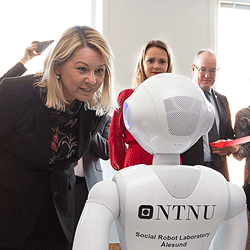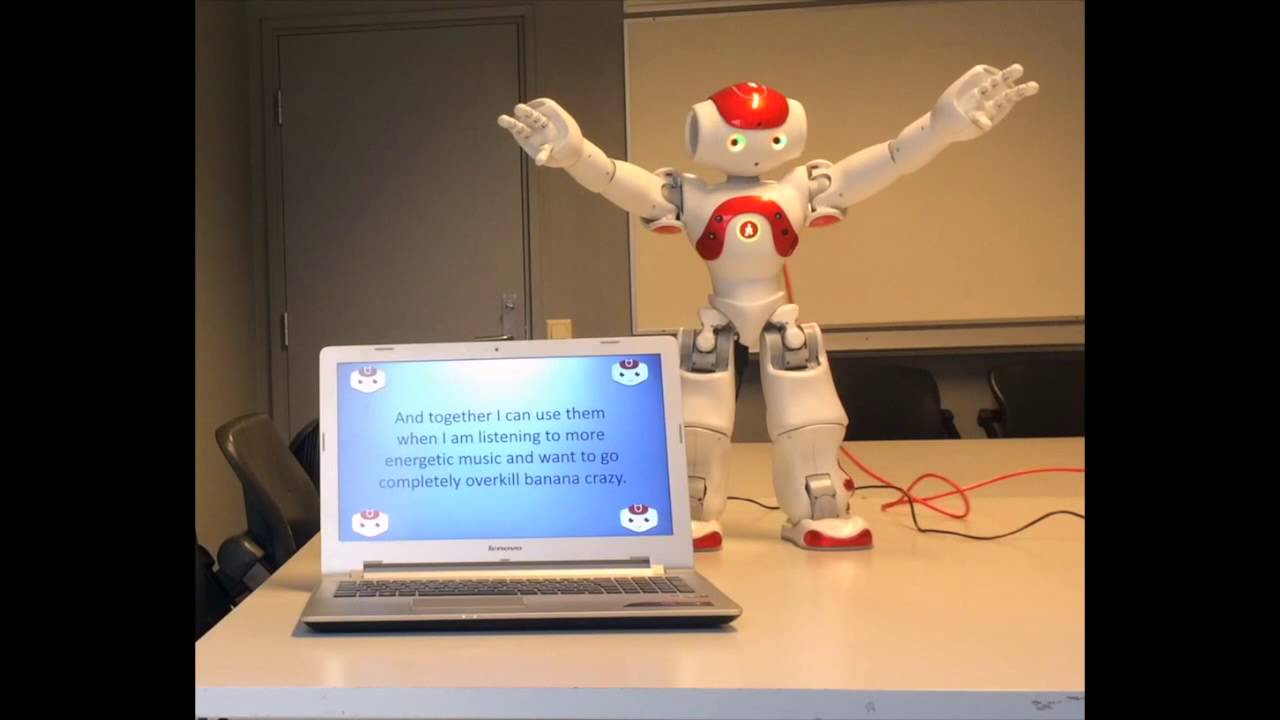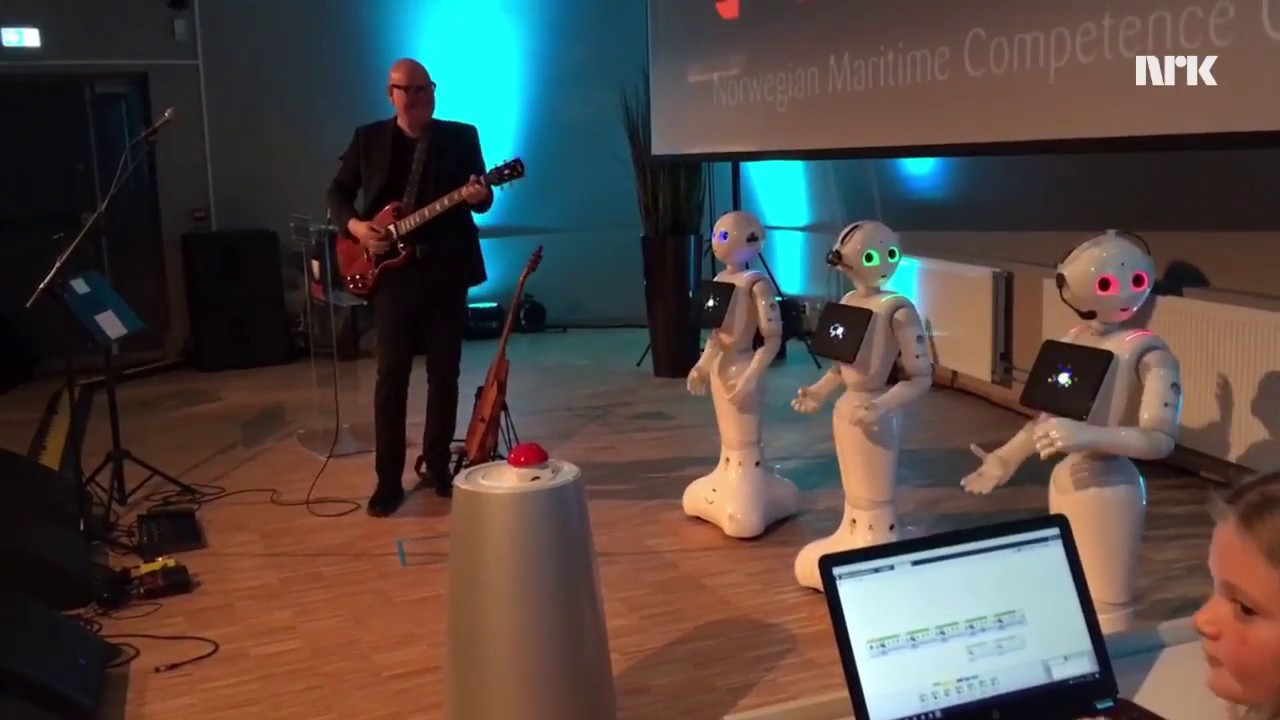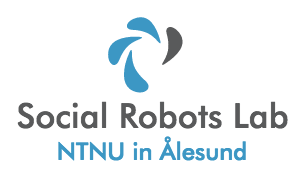A key research area for the CPS Lab is next-generation collaborative robots with a high degree of autonomy.
The CPS Lab robot family
Our department has invested in a large collection of robots over the years. For studying aspects of industrial, academic, and social robotics, we currently own or have access to the following robots:
- Inge, a Pepper robot by SoftBank Robotics
- Nao, by SoftBank Robotics
- Sawyer, by Rethink Robotics
- UR3 (shared access to UR5/UR10), by Universal Robotics
- Kuka LBR iiwa R800, by Kuka Robotics
- Kuka KR 6 R900 sixx (host lab), by Kuka Robotics




Social Robots
Studying social robots, we have focused on the challenges in building interactive robots capable of accomplishing interactive tasks in human environments. The goal is to develop principles, techniques, and technologies that enables use of social robots in various settings to meet the challenges and opportunities in the era of digitalization.
There is a tremendous need for emotionally and socially intelligent robots that can interact with people in a human-like manner in terms of behavior and appearance. This include customized dialogue systems and chat bots by using deep learning technology that can be used in various settings, user profile extraction for personalized and customized response, autonomous navigation, and robot personality.
Being a key strategic area of our department, research on social robots has been organised in a separate lab: Social Robots Lab.

Key research topics
Our social robots serve as a platform for
- AI, computational intelligence, and machine learning
- Computer vision
- Guidance, navigation, and control (GNC) of autonomous systems
- Dialogue system, chat bot, user profiling, and robot personality
- Natural language processing
- Development of caregiver and educational robots
Research area coordinator for social robots
Phone: +47-70161306
Biomedical Robotics
- Robot assisted testing/evaluation of new methods in orthopaedic surgery
- Modelling and design of patient-adapted orthopaedic braces for bone fractures in the arm
Furthermore, we are investigating the prospect of digital twins and creating simulator environments in which medical staff can train on a set of surgery procedures for a variety of medical conditions.
Both research areas have great potentials for developing new products and services for the benefit of the patient and the hospital.